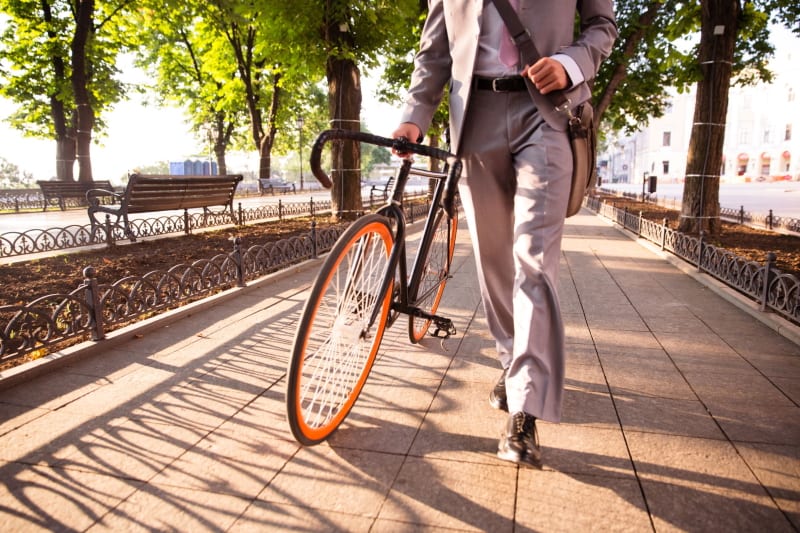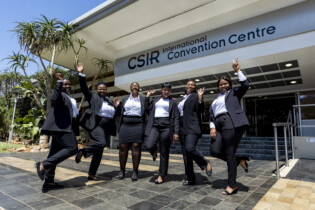Research shows that sustainable business travel is likely to gain importance in a post-Covid landscape.
The Climate Action for Corporate Travel Urgent Sustainability Summit (CACTUS) surveyed its members and found that 93% ‘strongly agree’ or ‘agree’ that Covid-19 has created the opportunity for travel managers to fast track the creation of “a more sustainable and viable future for the planet”.
Meanwhile a 2020 survey of ITM’s buyer members found that 56% believed the focus on sustainable business travel would remain the same when things pick up after Covid-19 lockdowns are safely lifted, while a further 40% believed it would become more important.
CACTUS surveyed its members and found that 93% ‘strongly agree’ or ‘agree’ that Covid-19 has created the opportunity for travel managers to fast track the creation of “a more sustainable and viable future for the planet”.
Bonnie Smith, GM at FCM Travel Solutions, says, “We have a unique opportunity to make climate action the focus of our post Covid-19 recovery efforts. It is important that we act now.”
What could help this transition is that the pandemic has forced many behavioural changes which support a more sustainable approach to corporate travel. Smith explains, “Businesses now have a practical understanding of where and how they can cut down on unrequired travel, this frees them up to ensure that their essential travel is environmentally conscious without concerns about breaking the bank. The whole system will be better streamlined.”
Pierre-Emanuel Tetaz, EMEA SVP and GM at SAP Concur, spoke on the company’s 2020 Corporate Travel Sustainability Index during a recent webinar. Her revealed that a significant 98% of all companies surveyed by SAP Concur said they are prepared to allocate additional spend towards sustainability programmes over and above the current travel management budget.
98% of all companies surveyed by SAP Concur said they are prepared to allocate additional spend towards sustainability programmes.
He added, “We have to acknowledge the fact that the economic situation is not necessarily great, and many organisations are suffering, so overall travel spend will be under pressure. This could mean that people will travel less but might be willing to spend a bit more per trip – unit cost may change slightly and part of that will be because people are going to want to make more sustainable choices.”
At the same time, Smith highlights that business travel emissions can easily return to previous levels without a focused intervention – and urges businesses to not let this happen. She says, “Integrating sustainable business practices into your travel programme can be seamless if you have the right information. Multiple airlines, hotels, and car hire companies have made huge changes to their business models to ensure that travel is more sustainable, and there is no reason why you shouldn’t take advantage of this. FCM has the knowledge of how best to incorporate these businesses in your programme and can help.”

She shares the following tips to transition to a more sustainable approach to business travel.
Corporate travel policies can be structued to favour more sustainable options, such as choosing:
- direct flights over indirect ones;
- airlines that offers a carbon offset option;
- the use of closer-in regional airports;
- rail over car on domestic routes (when logical);
- car hire companies with an electric fleet;
- hotels with eco-friendly credentials;
- hotels that are close to the business meeting or event.
Business travellers can also be educated about what actions they can take to be more sustainable, such as:
- packing as lightly as possible;
- traveling without paper and instead using more digital tools and technology for tickets, hotel confirmations and itineraries;
- packing your own toiletries in reusable containers, and bringing your own toothbrusg and a reusable razor;
- being an environmentally responsible hotel guest and taking advantage of any towel reuse programmes, turning lights/air-con off when you’re out, taking shorter showers and avoiding dry cleaning clothes;
- when possible and logical, catching public transport, using a share bike/electric scooter program, or walking.





